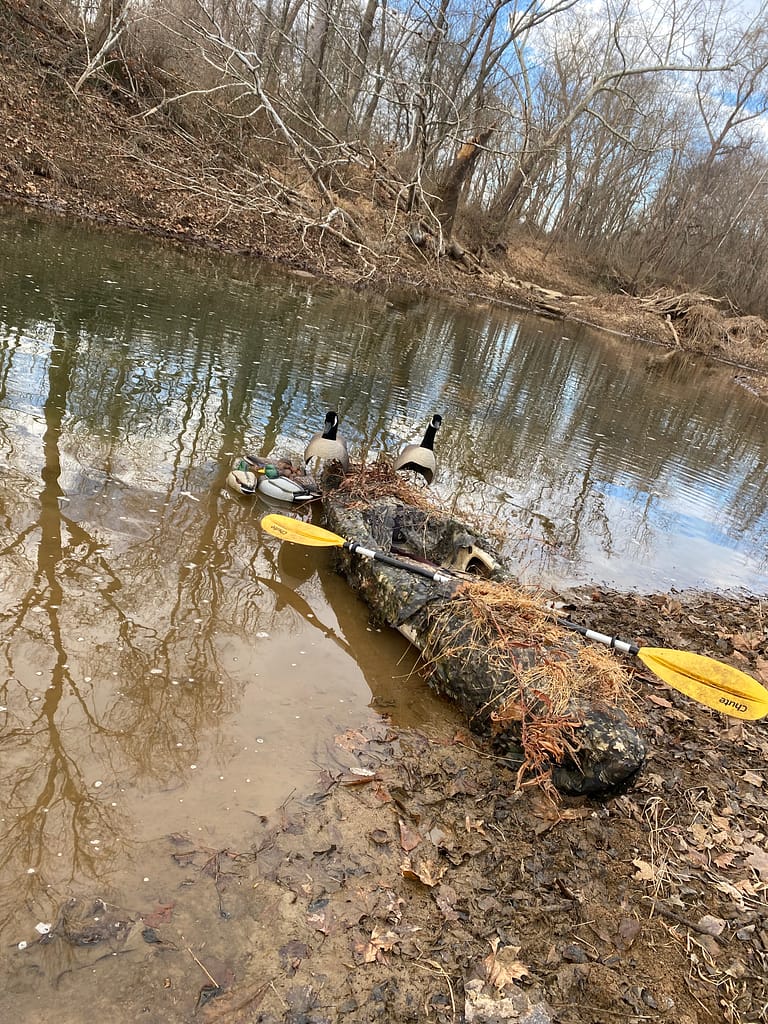
North Carolina’s Senate recently introduced Bill 220. Part of that would prohibit an individual from using a right-of-way or any public easement to launch a motorized and non-motorized vehicle into a navigable body of water. Meaning if you decided you wanted to launch a kayak on a public lake from the side of the road, it would now be a class 3 misdemeanor. Resulting in up to a 2-year fishing, hunting, or trapping license suspension. As well as a $1,000 fine.
**Section 4 of SB220 (Amendment to Article 36 of Chapter 14 of the General Statutes):**
Ҥ 14-280.4. Launching watercraft from right-of-way.
Any person who willfully launches any motorized or unmotorized watercraft from the right-of-way of a public highway or street into a body of water adjacent to the right-of-way, except in public areas designated for boating access, is guilty of a Class 3 misdemeanor.”
Throughout all American history and its laws, not once has there been an issue to access public water from a public area. In fact, in 1842 the Supreme Court established the Public Trust Doctrine. Which is a legal principle that ensures public access of public water for United States citizens. This bill would go completely against that trust by blocking citizens from accessing navigable water from state owned property.
The real question is. Why would this bill show up now when for the last 180+ years there has never been an issue? Karens… “Protect Private Property Rights” is what this bill has been called. Meaning waterfront homeowners don’t like seeing individuals fishing, hunting, or trapping on the public water in front of their house. I personally had to deal with homeowners upset that I was fishing in front of their house, but I knew I was legally allowed to be where I was. That wouldn’t be the case if this bill passed.
Furthermore, this bill conflicts with the foundational principles of The Public Trust Doctrine, which states that navigable waterways are public resources that must remain accessible to all. By restricting access to these waters, particularly in areas historically open for use, the bill undermines the public’s trust in the management of these shared natural resources.
All North Carolina residents must take action. If you live in North Carolina reach out to your legislators and let your voice be heard. Find your legislator here https://www.ncleg.gov/FindYourLegislators